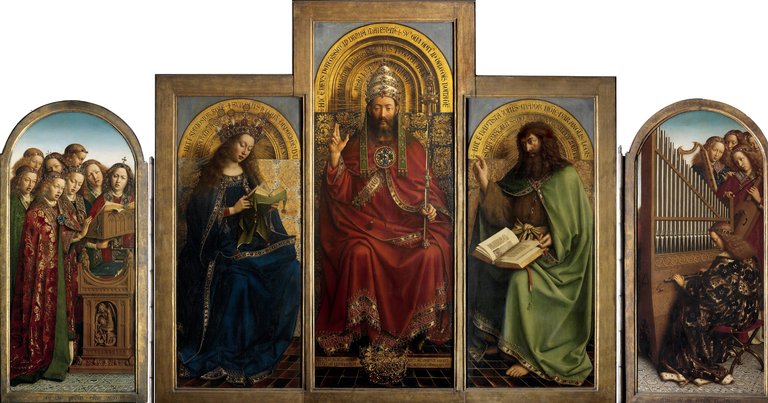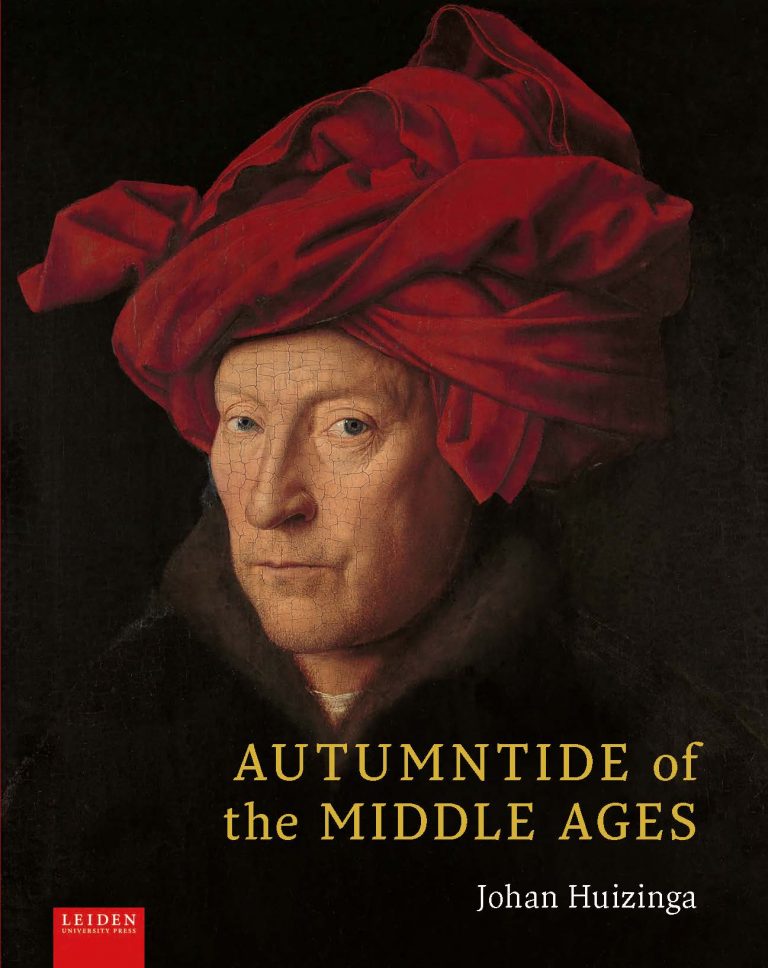Neofeudalism, Cloudalism and Mass Serfdom?
"A brief history of the decline of an Empire"
During the Roman Empire, the economy and society were deeply linked to agriculture. The majority of citizens worked on their lands and only in times of war they were called to serve the legions. These citizen soldiers were temporarily recruited for military campaigns but continued to be farmers. During times of peace however, as Rome expanded and took up more territories and space and the wars became longer, this temporary army system was no longer enough. Rome needed soldiers who could always be available which led to the professionalization of all the legions.
This logistical change also generated a change economically, a challenge in which now the soldiers should receive a regular salary that was called stipendium to finance that expense that Rome was looking to recover in the conquered territories. For these to assume the burdens, the subjugated communities had to choose between signing a treaty with Rome or join his almighty army. And if they accepted the agreement, they became allies or free cities if they were defeated because in the end they became subject provinces governed by a Roman official and therefore forced to pay tribute in the form of money, supplies and even services.
The money collected in those tributes were generally denarii, the silver coin in Rome and was used to pay the legionaries. The denarius, first minted in the 3rd century BC, weighed 4.5g and was almost pure silver. Over time, Rome turned to devalue that currency by reducing its silver content to mint more coins and thus have more financial resources. In the year 145 BC the weight of the denarius was already only 3.9g and during Nero's government it was reduced to 3.41g.
In addition, coins began to be manufactured with a smaller proportion of silver and at the time of Emperor Caracalla they contained less than 50% of that precious metal. This caused an increase in inflation, which especially affected those who received their salary in denarii, but it was already too late. The Empire began to be a caricature of what it was. The devaluation of the denarius and the reduction of its silver content had profound repercussions on the economy and, above all, on the stability of the Roman Empire itself, contributing in one way or another to its end.
The same as the emperors reduced the weight and purity of the coins to finance military expenses, state projects and other expenses, this allowed that an absolutely brutal inflation occurred. This directly affected those soldiers and the population in general since the money they received constantly lost value each time.
Once all of them were poorer, the discontent among the legionaries increased a lot because their salaries no longer maintained the purchasing power necessary to cover their own needs. The practice of scraping the edges of the coins and selling the silver filings reflected a loss of confidence in the monetary system they had at that time and especially in the search for alternative methods to preserve wealth, the argentari or bankers tried to control the situation by removing the most worn coins from circulation.
But these measures were actually insufficient. The introduction of ridges on the edges of coins was a response to fraud but also evidence of the magnitude of the problem. Things that are very similar to what happens to us today. The creation of the "solidus" by Constantine, represented the effort to restore confidence in the currency and in satisfying the demands of the soldiers for a payment.
Which although more stable, however, this change also came late and could not reverse the economic and military decline of the empire. The economic weakness combined at that time with their corruption plus internal struggles and with external invasions eroded the ability of the Roman Empire to maintain its territorial and political integrity. That ancient solidus concept is what gives its name today to our salary and which our rulers living in our world today are trying to establish as something similar.
Gaius Marius was a prominent Roman general and politician who was born in the year 157 BC in Arpino, a city in Latium, and died in 86 BC. He was a key figure in the history of the Roman Republic, especially for its military reforms and its impact on the internal politics of Rome. Some historians give him the authorship of the term salary.
As you will see, it turns out that he assembled a consular army with two legions of 6,000 regular legionaries to which he added thousands of auxiliaries recruited among the poorest of the city of Rome. For this he had to bend all the rules and regulations of recruitment. It turns out that a Roman soldier had to be a property owner to a greater or lesser extent and gather the necessary material with his own funds to going into combat with weapons, shields, cuirasses, utensils for daily life in the camps, battlefields, etc.
But this Gaius Marius knew that there were not enough men in Rome who, after 7 years of war, for example in Africa, would be able to provide themselves all that material. While ragged commoners, people without money, of those there were many thousands of people who had nothing and consequently nothing to lose but a lot to gain by fighting if they were offered the means to do so.
And then something revolutionary had to happen in addition, such as for example the introduction of a salary that at that time was called "salarium" to the extent in which many times the legionaries would be paid with actual salt essentially to preserve food in the long waiting periods on the battlefield. Nonetheless from those ancient times, it still remains to be seen if nowadays we are legionaries or slaves.
¿Did you know where the word salary comes from?

In the decline of the Western Roman Empire, the collapse did not occur overnight. Among the many causes that led to its fall, one of the most insidious factors was the increasing burden of maintaining its veterans and a population dependent on the state subsidies that for centuries the Empire had supported its army and cities with a generous system of pensions and food distributions that was known as annona.
However, as the borders shrank and the richest provinces lost the productive base of the economy, Roman society was drastically decreasing. While the number of beneficiaries did not stop growing, this mismatch between what was contributed to the system and what was extracted from it accelerated the financial weakness of the empire with fewer active citizens contributing to the treasury and more people depending on the coffers.
Once the State of Rome was incapable of maintaining that socioeconomic structure and in the end the weight of maintaining an inactive population and a summer army in constant movement from here to there and from there to here in permanent disputes, fights, brawls, battles and even wars among themselves in order to keep their legionaries busy and entertained without having time to think about how to overthrow their governors or the emperor in their moments of tedium or boredom, that was too much of a burden and then the Empire for these and other reasons fragmented and collapsed.
«THE WANING OF THE MIDDLE AGES»

If machines produce everything we need, the outcome will depend on how things are distributed. Everyone can enjoy a life of luxurious leisure if the machine-produced wealth is shared, or most people can end up miserably poor if the machine-owners successfully lobby against wealth redistribution. So far, the trend seems to be toward the second option, with technology driving ever-increasing inequality.
This is the second article in a series of three articles I will publish this week about Hidden Tech, which I started yesterday with the first one entitled "Hey! and Who Are You?" which addressed more than anything the topic of market, capital, technology risks, society, popularity, fame, material success, privacy and anonymity in the 21st century.
Some might think that what you are going to read and consume today has nothing to do with what I wrote yesterday. But to do so, I encourage you to first consume the entirety of the material I have brought you today here and then, after meditating a little on what will be presented to you here today, then reread and consume what I offered you yesterday to see if you change your mind and now actually you can perceive its relationship and connections with what I am trying to describe and convey to you in three installments. In my convoluted mind there is no doubt that you will find them.
So, let's get started with the educational marathon in the most conspicuous, eloquent and communicative way possible. In an audiovisual format. So that the message and the story can be easier to absorb, digest and understand through two of your most important senses concurrently. Pay close attention, please!
«TechnoFeudalism»
«Walled Gardens' Enshittification»

And well folks, I sincerely hope and aspire that on this occasion you have truly consumed totally and absolutely in its integrity the massive, long, interesting, enlightening and nutritious content of this second article in the series. Because I can assure you that this is and will be the most revealing and insightful of the three.
And I have no doubt that you will definitely have to consume and digest it in its entirety and absolute dimension before rereading the first article I wrote yesterday and the one I will write very soon this week. Because otherwise, there will be no way for you to understand or comprehend fully what I have planned to spread and what I really wanted to communicate through this series of only three articles. ¡Carpe diem!
«««-$-»»»
"Follows, Comments, Rehives & Upvotes will be highly appreciated"
